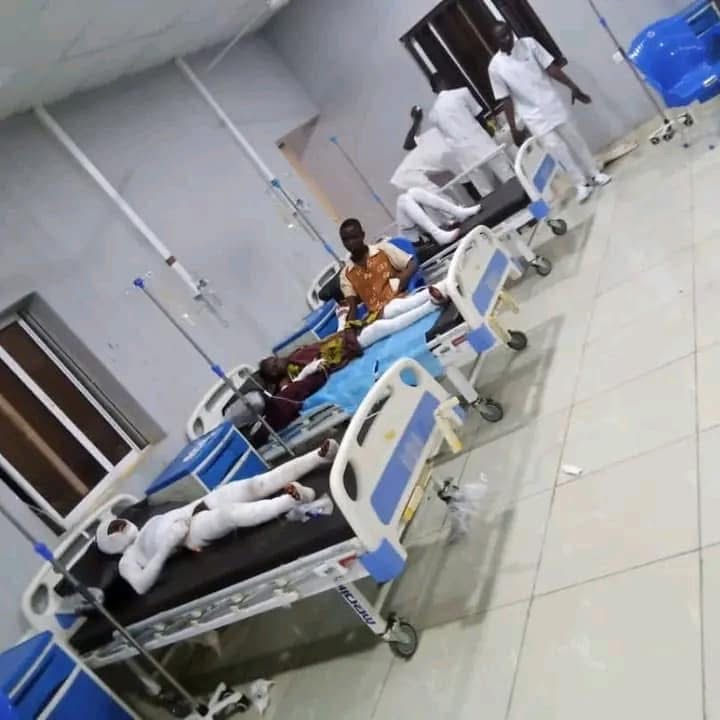By Mohammed Baba Yahaya
In my previous commentary, I described the recurring tanker explosions in Niger State as a “Symphony of Sorrow.” We are familiar with its movements: the overture of the accident, the crescendo of the scramble, the catastrophic blast, and the final, mournful movement of blame and appeals for help.
But recent Jinboga TV interviews with victims have introduced a new, deafening refrain into this tragic composition. It is a single, powerful word: “Hunger.”
This submission is not just a justification; it is the very core of the crisis, and to dismiss it as mere “ignorance” is to miss the point entirely. In fact, this claimed “ignorance” is not a cause—it is a symptom. It is the logical, terrifying endpoint of a system that has failed its people for so long that their fundamental sense of risk and self-preservation has been shattered.
When a person says, “Hunger led me to scoop fuel,” they are not just admitting a lack of options. They are revealing a catastrophic miscalculation of risk that only makes sense in an environment of extreme deprivation.
For the well-fed, the choice is obvious: life over a few liters of fuel. But for the truly hungry fellow, the calculus changes. Hunger is a certain, present, and agonizing pain. The explosion is a potential, future, and abstract threat. The human brain, wired for survival, will almost always prioritize the certain problem over the potential one. This isn’t just ignorance; it’s a warped survival instinct.
When the state provides no safety net, communities are forced to create their own. The “success stories”—the men who scooped fuel and paid for a child’s school fees—become local legends. This repeated exposure to the act without the consequence (until it happens) desensitizes them. The danger becomes a lottery, not a certainty.
Our response must evolve. We must stop being surprised by this “hunger” defense and start treating it as the central problem it is.
Warnings of “danger” are meaningless to someone who lives in danger. Instead, we need campaigns featuring survivors with devastating burns, showing the true, lasting cost of that scooped fuel. The message must be: “This is not a solution to hunger; it is a choice to become ash. A dead parent cannot feed their children.”
Building a rapid-response security team is a band-aid. Creating real, sustainable economic opportunities is the cure. Job creation, skills acquisition, and agricultural support are not just social programs; they are essential public safety measures.
The “Symphony of Sorrow” will continue to play on a loop as long as the desperate refrain of “hunger” is the only song our people know. It is not enough to mourn the victims of the fire. We must become enraged by, and committed to ending, the hunger that leads them into the flames.


